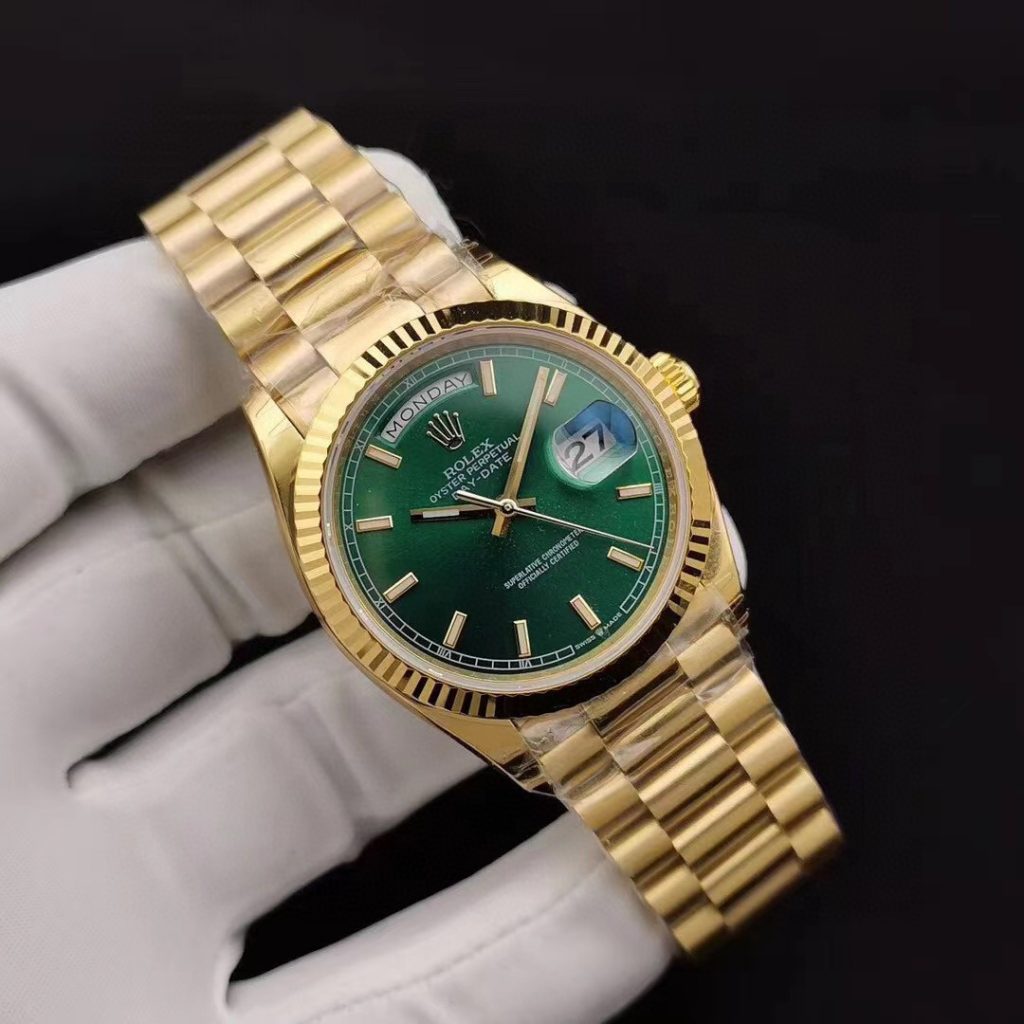Replica watches are a topic of heated debate among collectors, enthusiasts, and everyday consumers. Some view them as a way to enjoy the appearance of luxury without the hefty price tag, while others see them as unethical and inferior products. Understanding whether replica watches are worth it requires considering various factors, including quality, legality, value, and the personal motivations behind purchasing them. The quality of replica watches varies greatly. Low-end replicas are often poorly constructed, with cheap materials and unreliable movements. These watches can break easily, have noticeable design flaws, and are unlikely to perform well over time. On the other hand, higher-end replicas, often referred to as super clones, attempt to mimic the original watch as closely as possible. They use better materials, movements, and craftsmanship, and in some cases, it can be difficult to tell them apart from the genuine article at first glance. However, even the best replicas typically fall short of the real thing when it comes to durability, accuracy, and overall longevity.

Replica watches exist in a legal gray area. In many countries, it is illegal to produce or sell counterfeit goods, but owning a replica watch for personal use may not be against the law. However, buying replicas still raises ethical concerns. By purchasing a replica, you are supporting a market that undermines the intellectual property rights of legitimate brands. This can negatively impact the industry, as brands lose revenue and potentially reduce investments in innovation, craftsmanship, and after-sale service. Additionally, the counterfeit market has been linked to broader issues, including organized crime and labor exploitation, raising further moral questions about buying these products. On the surface, replicas seem to offer tremendous value – you can get the look of a high-end luxury watch for a fraction of the cost. But when considering value for money, it is important to look beyond aesthetics. Genuine luxury watches, though expensive, often appreciate over time and are made to last for decades, sometimes even becoming heirlooms. They come with guarantees of quality, service, and history.
In contrast, even a well-made Luxe Replica Watches lacks resale value, warranty support, and the intricate craftsmanship that justifies the price of a luxury watch. Over time, a replica is likely to break or degrade, meaning you could end up spending more on repairs or replacements than on a well-chosen, lower-priced authentic timepiece. For some people, replica watches offer an entry point into the world of luxury fashion that they otherwise could not access. The ability to wear something that resembles a Rolex or an Audemars Piguet can boost confidence or social standing, even if it is not real. However, wearing a replica can also bring risks of embarrassment or social repercussions if someone identifies it as a fake. For others, especially collectors and enthusiasts, the appeal of luxury watches lies in the heritage, precision engineering, and brand prestige. For these individuals, a replica is unlikely to provide the same satisfaction as owning a genuine piece. In the end, whether a replica watch is worth it depends on what you are seeking.